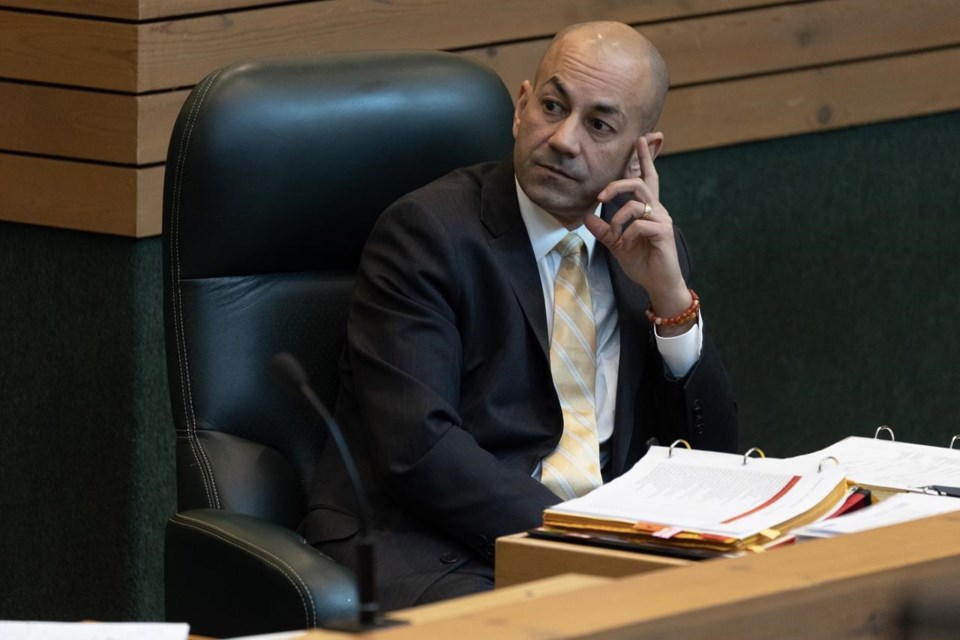WHITEHORSE — Yukon is the first jurisdiction in Canada to provide government-funded paid sick leave with a program targeting workers who are most likely to suffer from taking unpaid time off, Premier Ranj Pillai says.
Retroactive to April 1, those without paid sick leave through their employer and who are making less than or equal to $33.94 per hour, will qualify for 40 hours of pay over 12 months covered by the government.
Pillai said in an interview on Tuesday that the government-funded program supports the private sector in a tight labour market where the territory has among the lowest unemployment rates in the country.
"We just felt, as a government, that it was important for us to show that commitment to the private sector, understanding that the private sector in Canada is going to be where the growth is as we see federal government spending start to slow," he said.
The threshold to qualify represents the average Yukon private-sector wage. Pillai said people who make lower wages tend to be the most vulnerable.
"Those are the folks that really, they can't miss a paycheque and so they're going back to work, in some cases when they shouldn't be, when they're sick, and then their co-workers are getting sick," he said.
"And in the end that, of course, also drives things like hospital visits."
The program also applies to self-employed Yukoners and covers sick leave taken from April 1, 2023, to March 31, 2025. It's estimated it will cover up to 7,000 people and cost the government about $11.8 million over those two years.
Pillai said the two-year period will give the government a chance to review the program and see if any changes need to be made. The next territorial election has to happen by the fall of 2025.
The territory said in a statement that when an employee takes time off because they are sick, they will continue to be paid by their employer as if they had been at work and the employer will apply to the government for a rebate.
Yukon Party Official Opposition Leader Currie Dixon said in statement the program would not have happened without the territorial NDP who are keeping the minority Liberals in government under confidence and supply agreements.
They led to the creation of a panel in 2021 that provided recommendations for a permanent paid sick leave program.
Those included calls for 10 sick days a year – half of what the new program offers – and protection from termination or reprisal due to sick leave.
Pillai said recommendations from the panel are going to be brought to the public for consultation.
"But the COVID program that we built back in the first mandate of government was coming to an end," he said.
"And while the recommendations are being discussed in the public, we still felt we needed something in place. So that's why we launched this program," he said.
The program replaces a paid sick leave program launched in response to the COVID-19 pandemic but is not restricted just to those missing work due to the virus.
It will not be legally mandated but Pillai said he thinks it's something employers will embrace.
"If employers are mistreating their staff by not providing the appropriate benefits, those employees are just going to go somewhere else. This is about as highly competitive a labour market as we've ever seen," he said.
— By Ashley Joannou in Vancouver
This report by The Canadian Press was first published April 25, 2023
The Canadian Press



